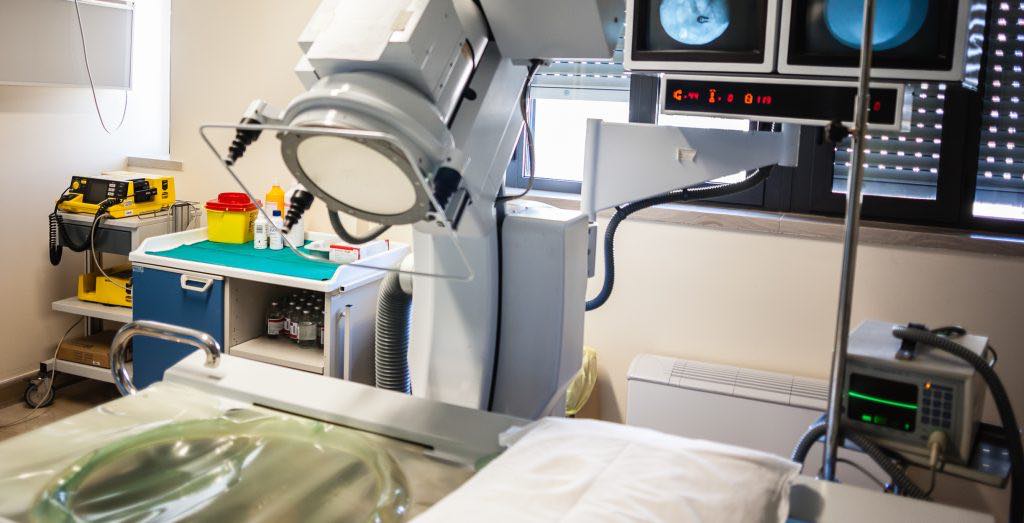You may need to follow a special diet plan if you have kidney stones. As a first step, your healthcare professional will perform blood and urine tests to determine if you have any risk factors. Your healthcare expert will then advise you on how to stop the return of kidney stones by changing your diet and receiving medical care.
You may be able to make vital lifestyle and dietary changes after undergoing kidney stone surgery in Chandigarh.
In simple terms, what is a kidney stone?
A kidney stone is a hard mass that forms when urine crystals build up in the kidneys. The presence of natural chemicals in the urine stops stones from forming and causing problems in most people.
Kidney Stone Diet Recommendations
Maintain a fluid intake of 2-3 quarts per day.
- Water, coffee, and lemonade are beneficial fluids, except grapefruit juice and soda.
- The result will be less concentrated urine and a daily volume of at least 2.5 liters.
Eat foods that are low in oxalate.
- Avoid spinach, many berries, chocolate, wheat bran, nuts, beets, tea, and rhubarb as part of your diet.
Do not take extra calcium supplements.
- Physicians and registered kidney dietitians should find the appropriate dosage of calcium supplements for you.
Maintain a moderate intake of protein.
- More kidney stones are formed when the kidneys excrete more calcium due to high protein intake.
Limit salt intake
- It’s more likely that you’ll get stones if you eat a lot of sodium
- To control blood pressure, you need a low-salt diet.
Don’t take too much vitamin C
- US Dietary Reference Intake indorses 60mg/day of vitamin C
- When taken in excess, the body produces more oxalate
The kidney stone treatment process: What you can expect
Ahead of surgery
- Consult your doctor if you take any pills, vitamins, or herbs before surgery, as some may need to be stopped.
- Communicate if you are or may be pregnant to your doctor.
- If you have a bleeding disorder or other medical condition, please discuss it with your doctor.
Instructions for Pre-Op
- Some blood thinners (such as aspirin, ibuprofen, naproxen, clopidogrel, and coumadin) can be stopped during therapy.
- If you still need to take any medication on the day of the surgery, ask your doctor.
- Avoid smoking. In this way, you will be able to recover more quickly.





